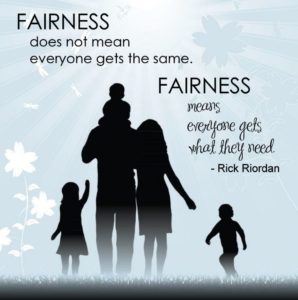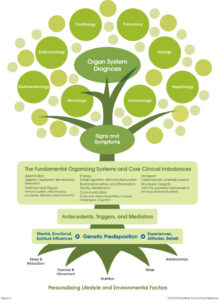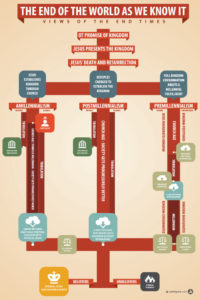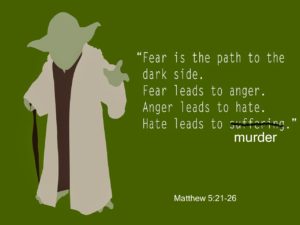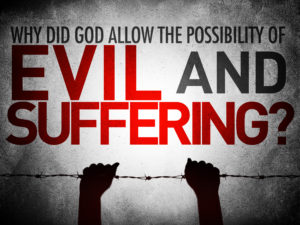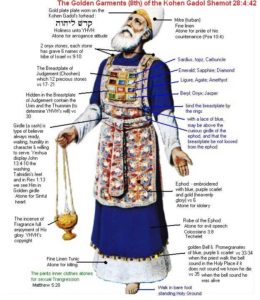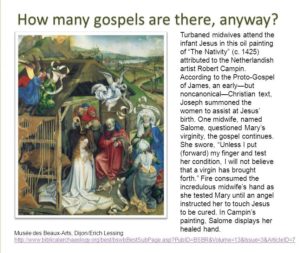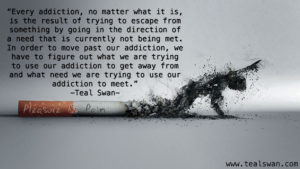
Addiction is the Escapism of Sin
Behind the Scientism of Medicine
Addiction is a billion dollar industry that adds additional behaviors under its guise of applying scientific means to control these so-called addictive behaviors. The American Psychiatric Association (APA) in its Diagnostic Statistical Manual (5th Ed.) defines addiction as, “Addiction is a complex condition, a brain disease that is manifested by compulsive substance use despite harmful consequence. People with addiction (severe substance use disorder) have an intense focus on using a certain substance(s), such as alcohol or drugs, to the point that it takes over their life.” Later in the same article other forms of addiction are listed having nothing to do with substances: gambling and internet gaming for instance. The American Society of Addictive Medicine (ASAM) defines addiction as, “Addiction is a treatable, chronic medical disease involving complex interactions among brain circuits, genetics, the environment, and an individual’s life experiences. People with addiction use substances or engage in behaviors that become compulsive and often continue despite harmful consequences.” Notice the key words in both definitions that removes responsibility for addiction from the individual: compulsive, chronic, medical disease, etc. Recidivism rates are so high that one cannot find reliable figures but instead find doublespeak terms that elude precise figures to hide the dismal failure of so-called rehabilitation treatment programs. In other words, there is little hope though there are a great many expensive programs touting a scientific rationale for its treatment approach; i.e., scientism. Nearly all of these programs eschew faith as the appropriate weapon for the ever mounting list of addictive behaviors forcing most churches to funnel their so-called addictive members into these failed programs. The implicit message: The Bible does not work. Continue reading “Addiction: Excusing Sin” →



